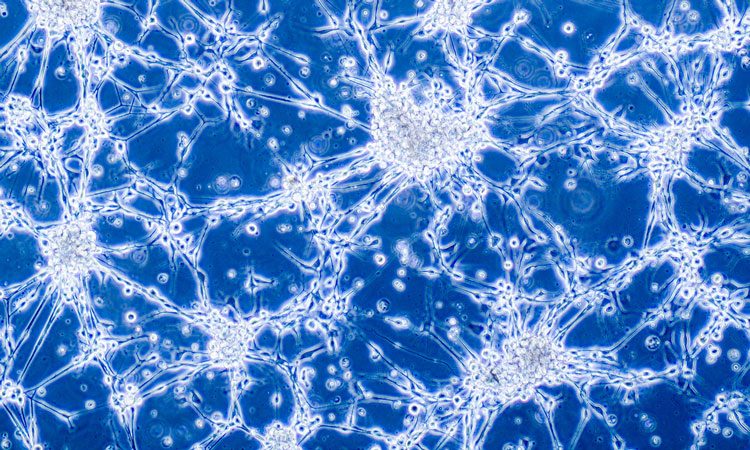Chemical that can kill glioblastoma cells identified
Posted: 17 August 2018 | Iqra Farooq (Drug Target Review) | No comments yet
“As an experimental chemical, further rigorous testing and refinement of KHS101 is required before trials in people can begin.”


Researchers have identified that a specific chemical can cause aggressive brain tumour cells to self-destruct.
In laboratory tests, researchers form the University of Leeds found that the chemical KHS101 cut the energy source of the tumour cells from glioblastoma, which led to the death of the cancer cells.
Over 2,000 people are diagnosed with glioblastoma in the UK, and with a five-year survival rate of less than 5 percent, the disease is known to be a very aggressive and deadly cancer. It has also been discussed in parliament as a disease which urgently needs better treatment options.
Dr Heiko Wurdak from the University of Leeds led the study and said: “When we started this research we thought KHS101 might slow down the growth of glioblastoma, but we were surprised to find that the tumour cells basically self-destructed when exposed to it.
“This is the first step in a long process, but our findings pave the way for drug developers to start investigating the uses of this chemical, and we hope that one day it will be helping to extend people’s lives in the clinic.”
The researchers identified that the chemical disrupted the mitochondria and the metabolism within the cells and closed off the energy supply. This seemed to have led to their self-destruction.
The team also tested whether the chemical could cross the blood-brain barrier, as this would be crucial for the chemical to be developed into a drug that would need to reach the brain to take effect.
Human brain tumour cells were transferred to mice, and the researchers found that the chemical permeated the blood-brain barrier, and successfully decreased tumour growth by around 50 percent in comparison to mice treated with a placebo. Importantly, healthy brain cells were not affected be the chemical.
The researchers tested many forms of glioblastoma cells, and they all responded well to the treatment.
Professor Richard Gilbertson, who was not involved in the study, but is Cancer Research UK’s leading brain tumour expert said: “Treatment for glioblastoma has remained essentially unchanged for decades, so there is a pressing need for preclinical research like this to identify and characterise potential new drugs.
“While the findings are encouraging, as an experimental chemical, further rigorous testing and refinement of KHS101 is required before trials in people can begin.”
The researchers concluded that this study, initially funded by the Medical Research Council, represents ‘an important step forward tackling the disease’ and further research may lead scientists to discover similar drugs which disturb the energy source of other tumour cells.
The study was published in Science Translational Medicine.
Related topics
Disease research, Drug Discovery, Drug Targets, Hit-to-Lead, Oncology, Research & Development
Related conditions
Glioblastoma
Related organisations
Leeds University
Related people
Dr Heiko Wurdak, Professor Richard Gilbertson


